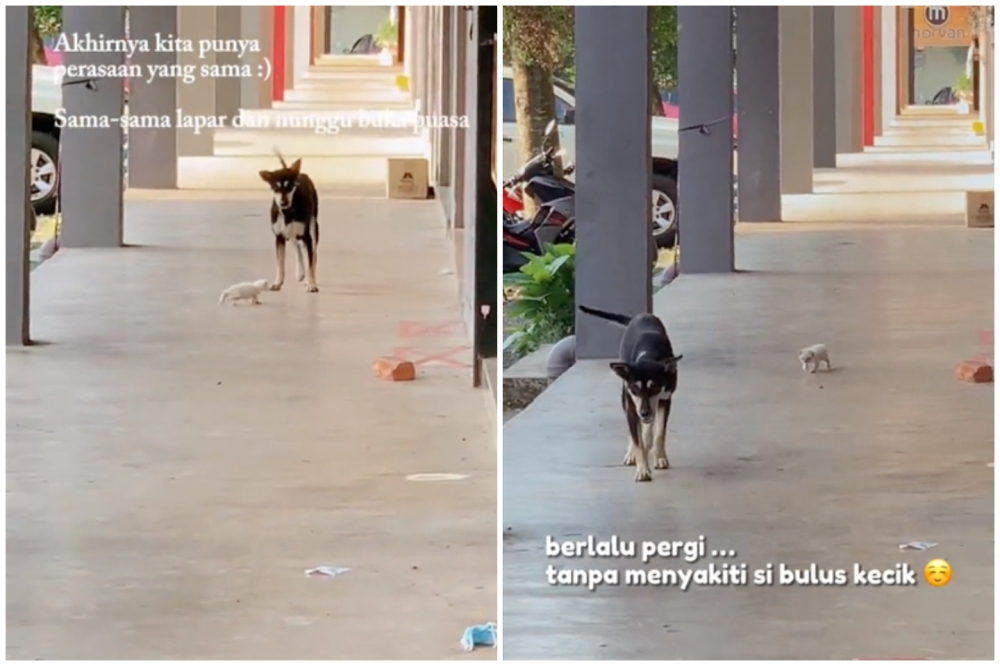OCT 16 — In the wake of the tragic killing of Kopi, a stray dog in Terengganu, we find ourselves at a crossroads.
The Besut District Council's (MDB) handling of this culling operation has sparked outrage and highlighted a critical need for reform in our approach to animal welfare.
Why do we continue to witness such inhumane treatment of animals, particularly dogs?
Are they valued only when rescuing humans from disasters, and otherwise considered unworthy of co-existing with us?
The authorities' reliance on outdated Standard Operating Procedures (SOPs) reflects a disturbing lack of progress in our treatment of strays.
Kopi's story is heart wrenching. Caught off guard and likely trusting of humans, she endured a tragic end brought about by those she might have thought cared for her.

A call for change
As with previous incidents, a petition has garnered thousands of signatures. But will this lead to meaningful change?
It's time for Terengganu to step up and lead rather than follow the herd. Here are concrete steps that every state can take to become a model for animal welfare in Malaysia:
Implement a comprehensive Trap-Neuter-Release (TNR) programme
- Form partnerships with local animal welfare organisations and veterinary clinics
- Establish a formal task force with the state veterinary departments to streamline efforts and ensure collaboration
- Secure funding through:
- State government allocations
- Sponsorships from local businesses
- Engagement with companies focused on CSR initiatives in animal welfare
Engage the community
- Organise outreach efforts to recruit and train volunteers
- Provide training sessions on humane trapping techniques
- Launch educational campaigns on TNR benefits and responsible pet ownership
Address the root cause: Irresponsible breeding
- Implement strict regulations for dog and cat breeders
- Create a public reporting mechanism for identifying irresponsible breeders
- Consider a gradual phase-out of commercial breeding operations
- Make breeders contribute a hefty monthly amount to TNR programmes
Incentivise responsible pet ownership
- Offer rewards for spaying/neutering pets, such as free annual vaccinations
- Collaborate with pet shops to promote adoption:
- Mandate featuring adoptable animals from local shelters
- Provide incentives (e.g., tax breaks, grants) for prioritising adoption
Raise public awareness
- Launch campaigns highlighting the benefits of adopting from shelters
- Emphasise the value of giving homes to animals in need
By pursuing these strategies, Terengganu and other states can transform from a cautionary tale into a beacon of progressive animal welfare policies.
It's time to move beyond reactive, inhumane practices and embrace a comprehensive, compassionate approach to managing our stray animal population.
The thousands of signatures on petitions advocating for the welfare of stray animals demonstrate that the public has long been ready for change.
It is now up to our leaders to listen and act, recognising that communities can co-exist harmoniously with our animal companions, fostering a safer and more compassionate environment for everyone.
* This is the personal opinion of the writer or publication and does not necessarily represent the views of Malay Mail.





















